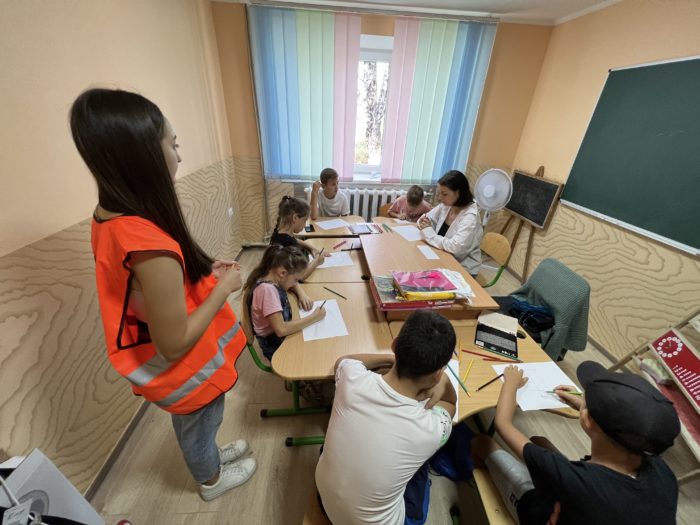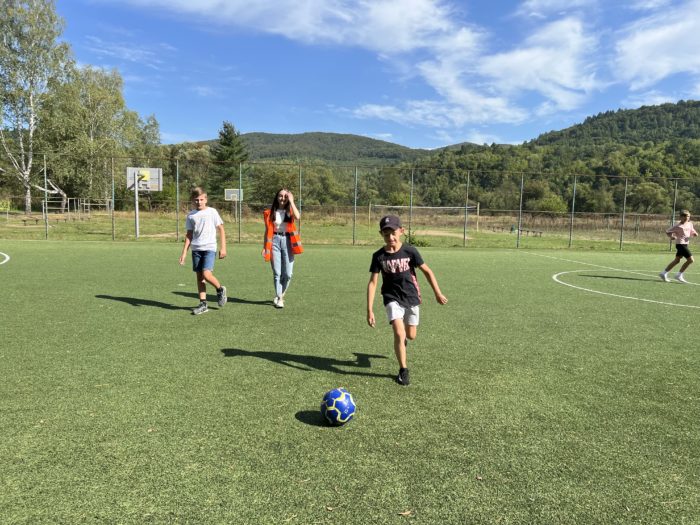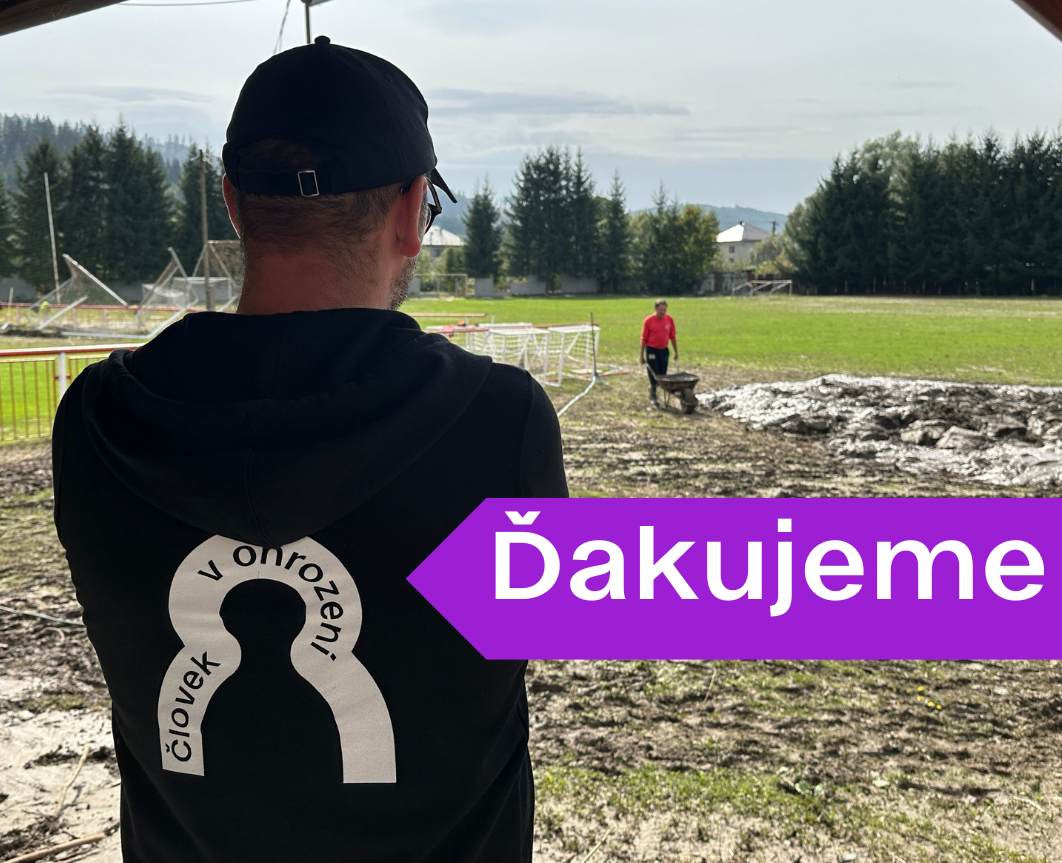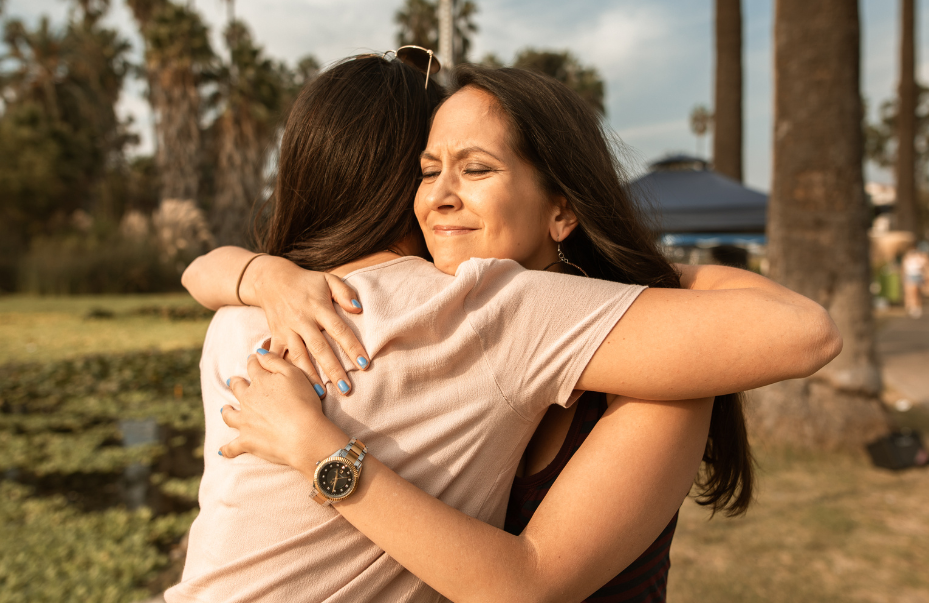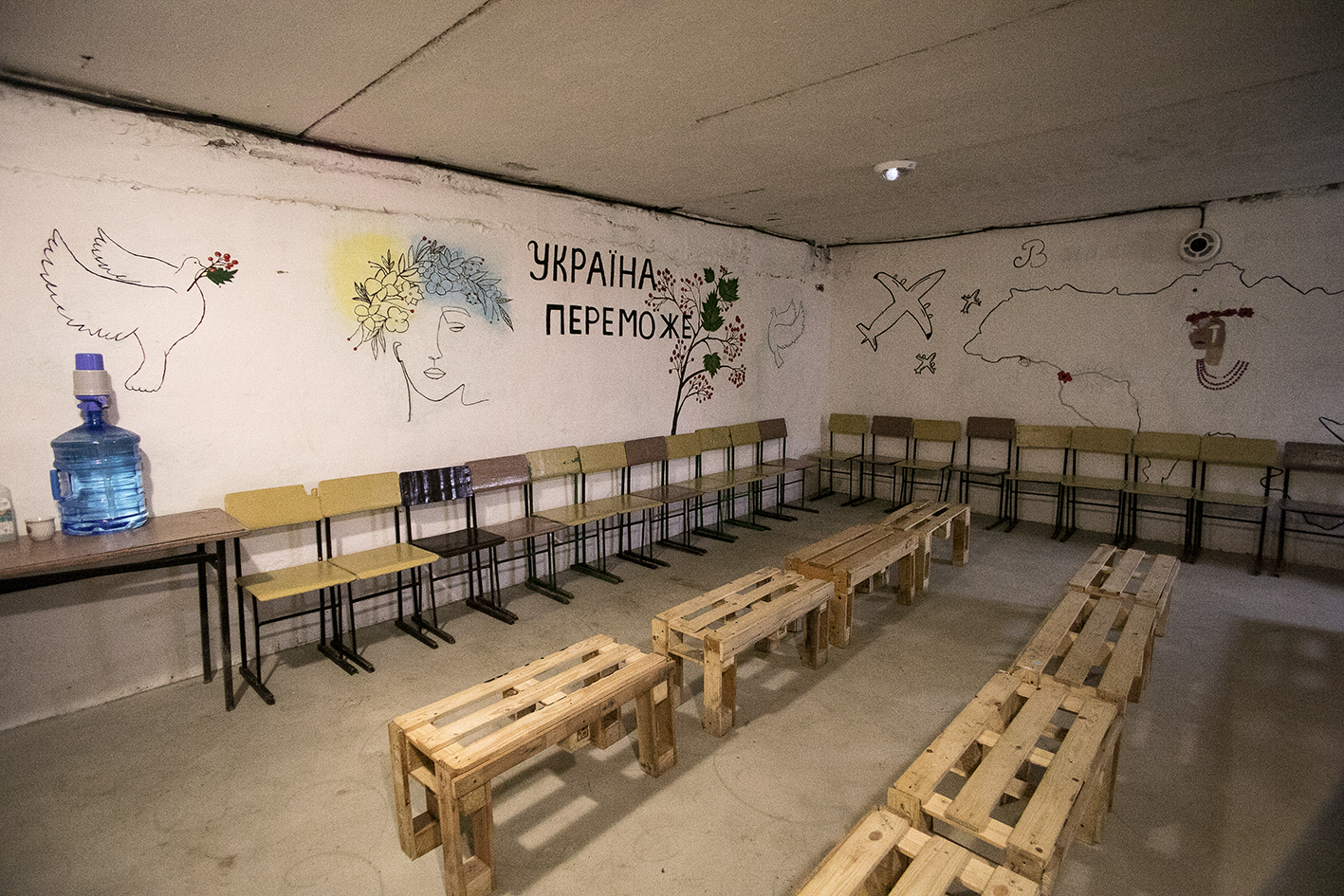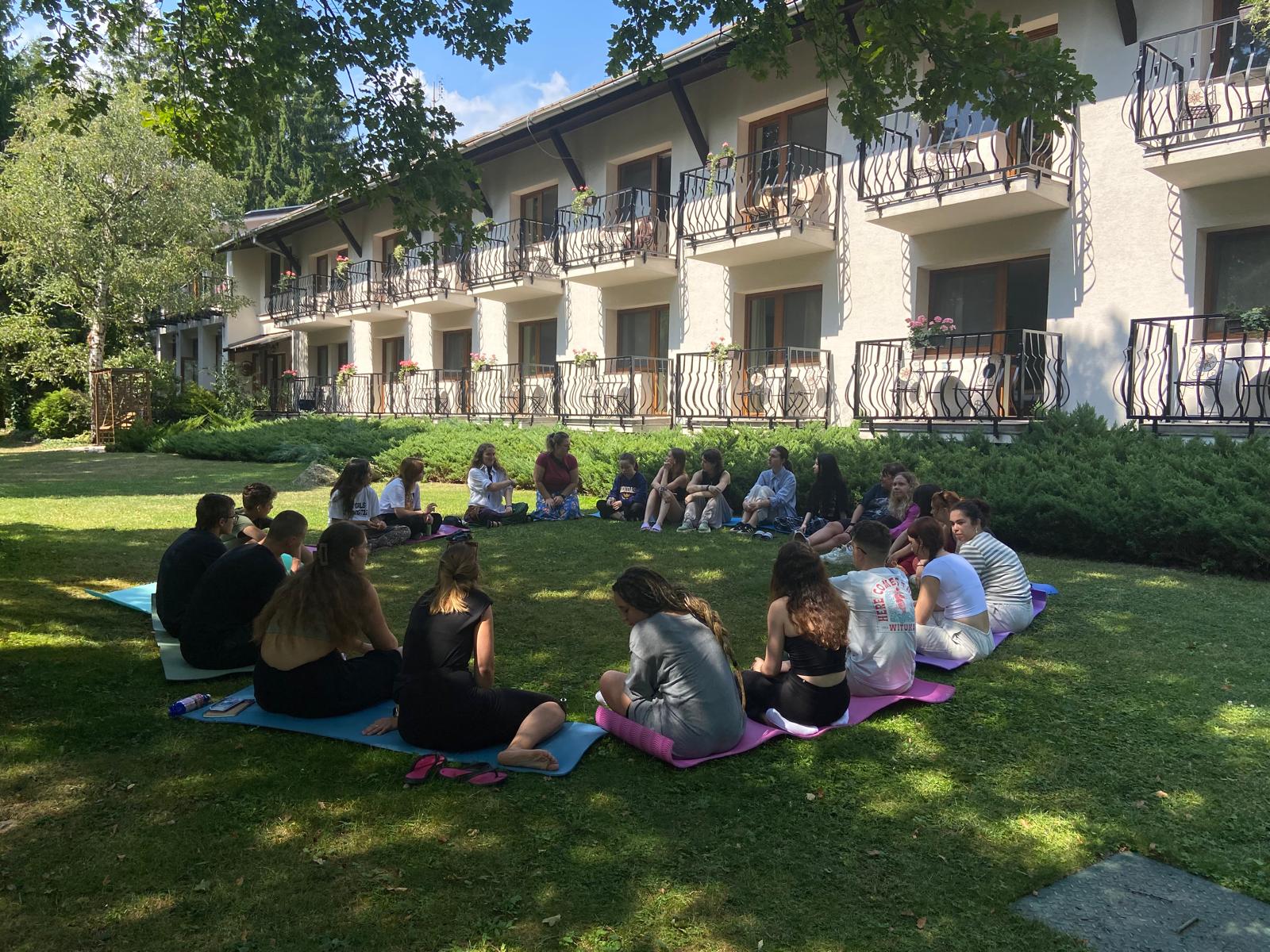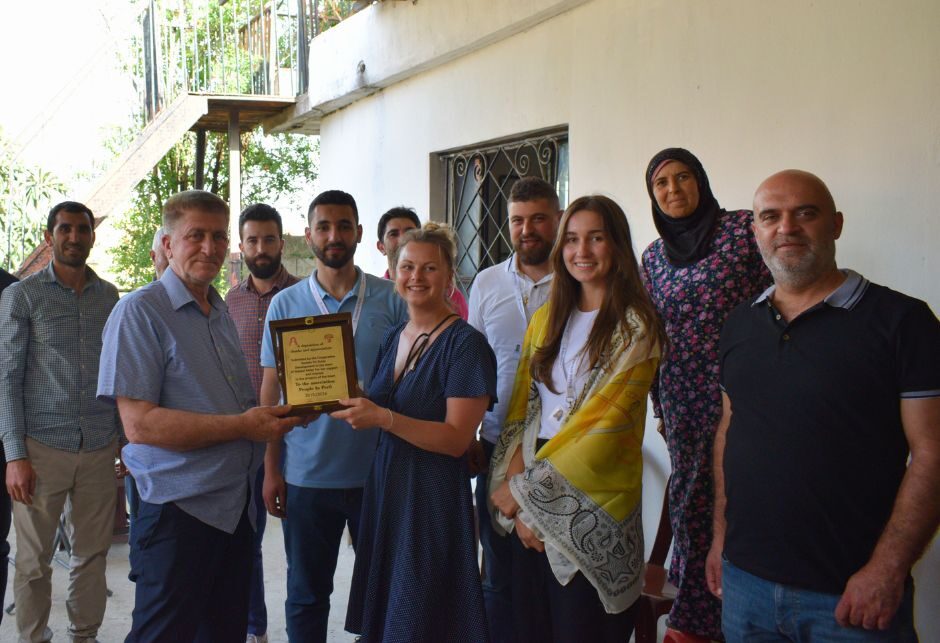Interview with a Ukrainian psychologist: Trauma can last decades
Liudmyla Baletska is a psychologist from an academic and non-governmental environment. She works with children with trauma and specializes on cognitive behavioral therapy and individual counseling. Currently, within the organization People in Need Slovakia runs the Psychosocial Assistance program in Ukraine. The program aims to improve psychosocial well-being, resilience and the ability to alleviate human suffering among displaced and other war-affected people in Ukraine. Liudmyla answered some of the most important questions about Psychosocial Assistance in Ukraine.
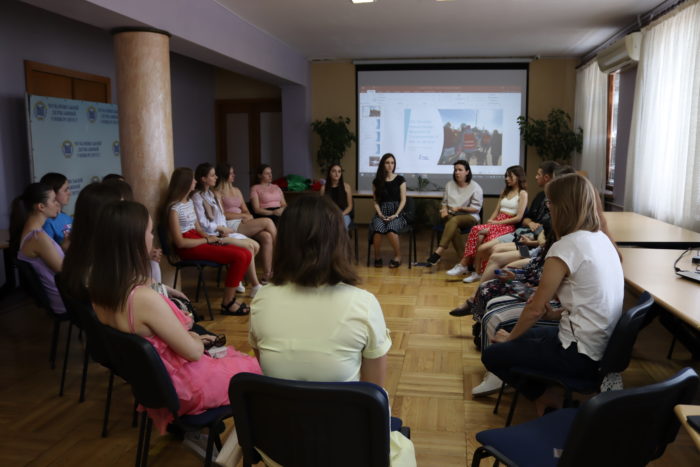
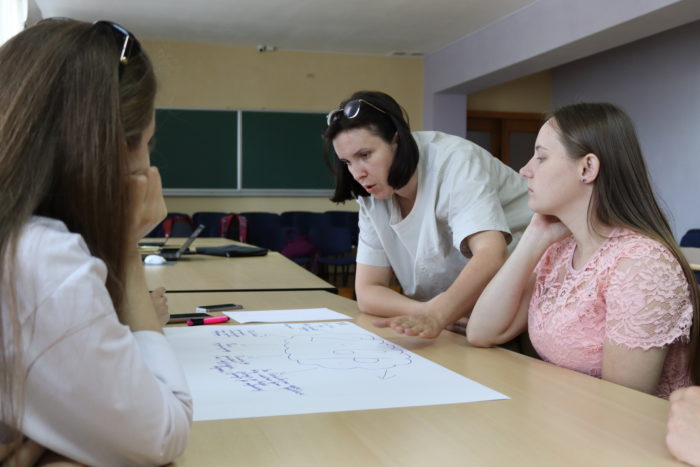
If I can speak for all Ukrainians, I think we are just beginning to recover from the six months of terror that the whole of Ukraine was in. And only now are we beginning to realize the extent of the trauma.This allows us to understand how trauma comprehensively affects areas of human life. In the individual sphere, we most often encounter trauma related to a disturbed sense of security, the ability to control one’s life and the events that take place in it, as well as frequent and sudden encounters with the death of relatives, close friends, and others. In technical parlance, it looks like cases of PTSD, post-traumatic stress disorder, wartime gender-based violence trauma, and bereavement trauma. Why is therapy important? And what can be the consequences of such trauma? It is worth noting that not all people need therapy, but everyone needs care. Here we can mention the classic psychological pyramid of care, from basic support to specialized therapy. In general, the most important point of psychological assistance at the moment is to help Ukrainians to recover and rebuild their lives, to give them a sense of support and to remind them that no one is alone in the war and that it will end sooner or later. A very important part of therapy are regular meetings, activities for children and daily artistic and sports activities.
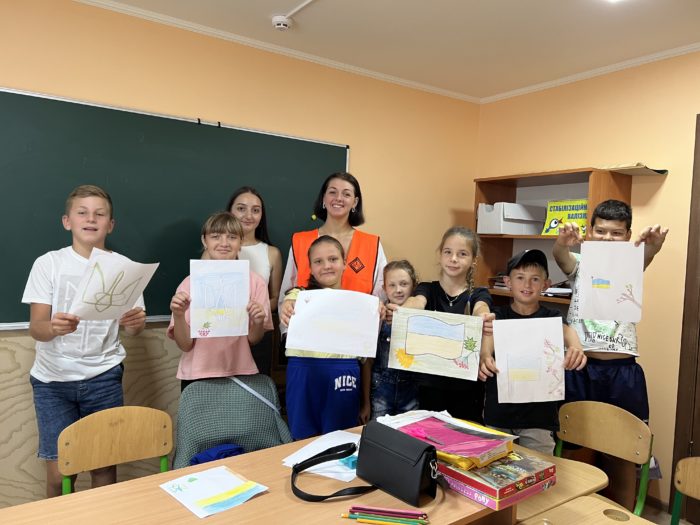
Having a responsible person in your life who comes to you every day is very important.If we talk about the emotional context and the positive contribution, there are people in the lives of these children that they can rely on – volunteers, thanks to which the children manage to get to know someone before starting school. In fact, this is how a person integrates into society: he gets to know a small group of people, then a larger one. First he meets two or three other children, later he goes to school and there he expands his circle of acquaintances, which later expands even more. Does working with children somehow affect their mothers? At present, children are mainly raised by mothers who are the sole breadwinners of the family and who have to go to work. We are talking about both local residents and internally displaced persons. Thanks to the program, women have one to four hours free for themselves, for work and free time, which is very important. Sometimes it is the most important thing that every mother needs in general. That’s why this bonus within the program is great.
